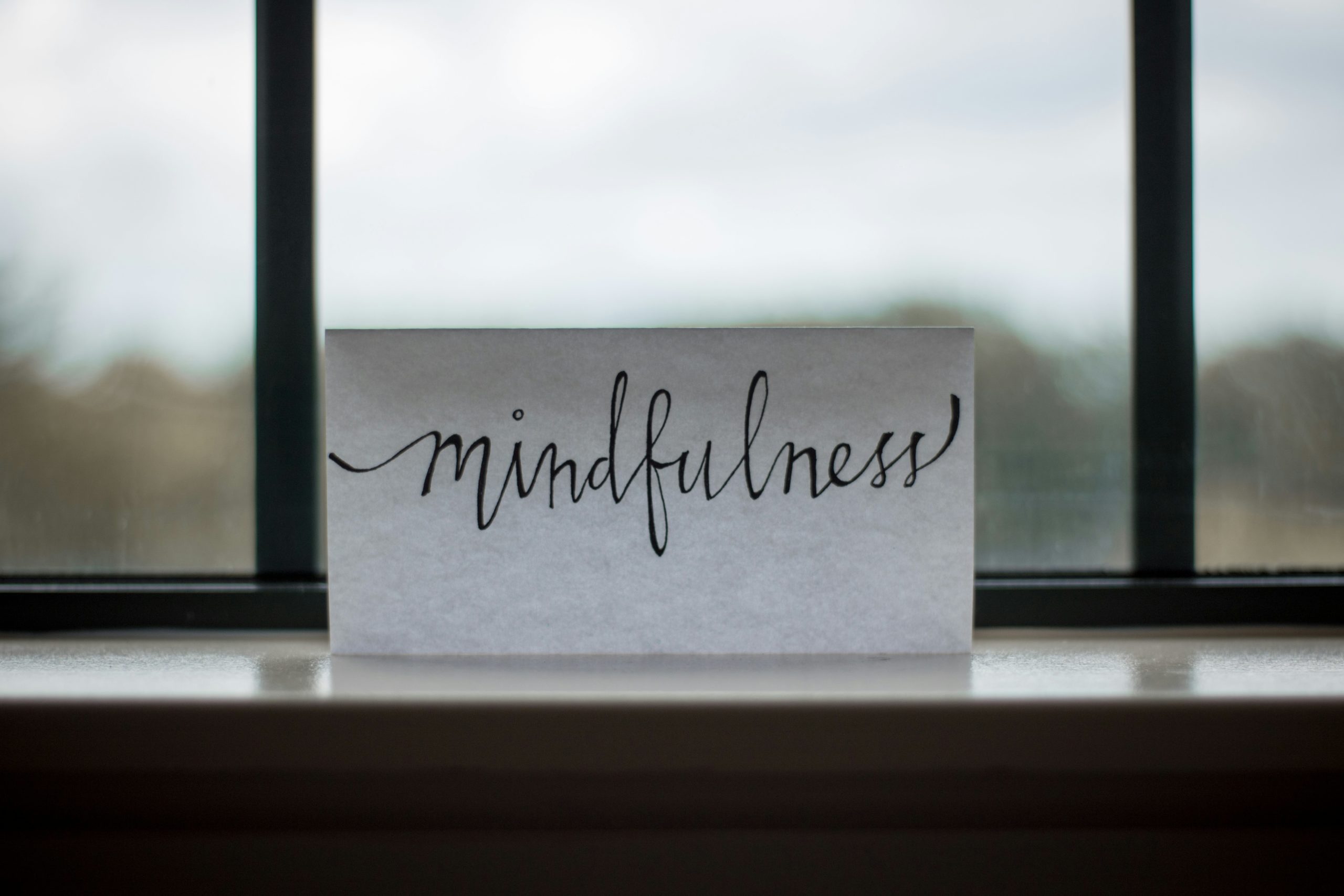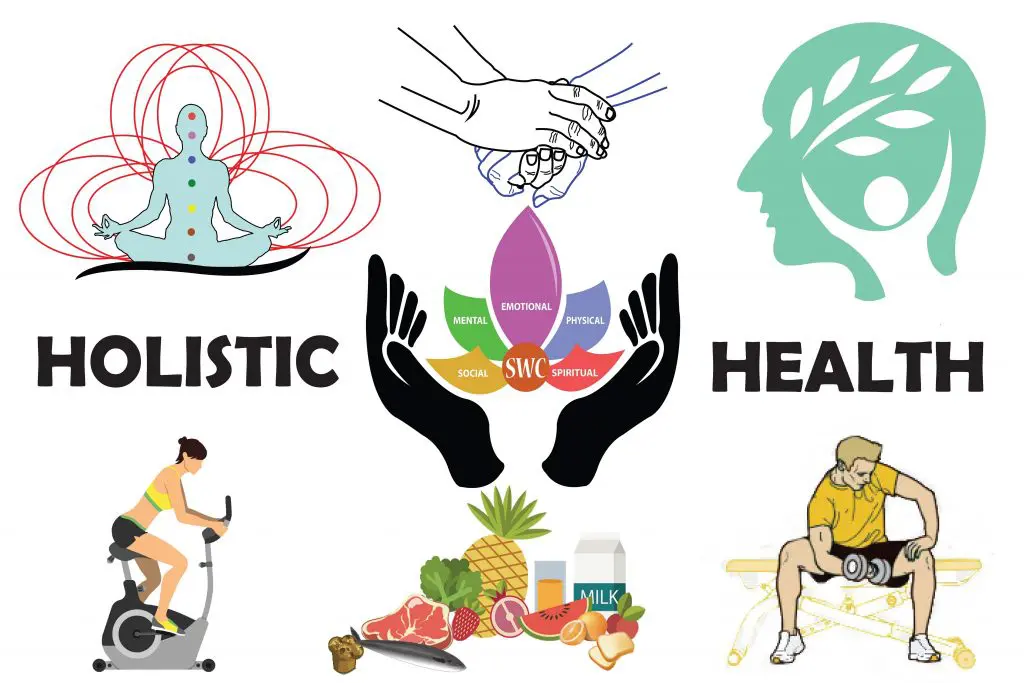Introduction
Welcome to our journey towards understanding the magical realms of mindfulness and its significant role in wellness. In today’s hustle and bustle, taking a moment to center ourselves might seem like a luxury. Yet, the power of mindfulness in enhancing our mental health, coping with stress, and overall well-being cannot be overstated. So, let’s dive into how incorporating mindfulness into our daily routines can transform our lives, leading us towards a path of serenity and improved health.
Benefits of Mindfulness in Wellness

The journey toward wellness encompasses more than just the physical aspect; it delves deep into the realms of mental and emotional health as well. Mindfulness, a practice rooted in the present moment, has shown tremendous promise in enhancing overall wellness. Let’s unpack some of the key benefits mindfulness brings to the table.
Enhancing Mental Health
Mindfulness is like a soothing balm for the mind. By focusing our attention on the present, we learn to observe our thoughts and feelings without judgment. This approach can reduce symptoms associated with anxiety, depression, and other mental health challenges. Studies have demonstrated that individuals who engage in mindfulness meditation regularly show significant improvements in their mood and reduced levels of stress.
Managing Stress Levels
In today’s fast-paced world, stress seems like an inevitable companion. However, mindfulness offers an effective strategy to manage and reduce stress. By fostering an awareness of the here and now, mindfulness helps in breaking down overwhelming experiences into manageable moments. This act of grounding can significantly lower cortisol levels, the body’s primary stress hormone, bringing a calming effect that permeates through our daily lives.
Improving Overall Well-being
Mindfulness doesn’t just stop at alleviating mental strains; it also contributes to physical health. Engaging in mindfulness has been linked to improved sleep, lower blood pressure, and a reduced risk of chronic diseases. Moreover, this practice cultivates a greater connection between the mind and body, leading to heightened self-awareness and a deeper sense of inner peace. This, in turn, enhances our emotional resilience and ability to face life’s challenges with grace.
How to Incorporate Mindfulness into Daily Life
Adopting mindfulness into your daily routine doesn’t require drastic changes. Instead, it can be woven into the fabric of your day-to-day activities with simple, conscious efforts. Here are some ways to start this transformative journey.
Mindful Breathing Exercises
One of the most straightforward methods to practice mindfulness is through mindful breathing. This exercise can be as simple as taking a few minutes each day to focus solely on your breath. Notice the inhale and exhale, the rise and fall of your chest or belly, and the sensation of air moving in and out of your nostrils. This practice can serve as an anchor, bringing you back to the present moment when your mind wanders.
Mindful Eating Habits
Mindful eating turns a daily necessity into an opportunity for mindfulness. It involves paying full attention to the experience of eating, from the preparation of your meal to the taste, texture, and smells of your food. By eating slowly and without the distraction of TV or smartphones, you can improve digestion, recognize your body’s hunger and fullness cues more effectively, and even enhance your enjoyment and appreciation of food.
Mindful Movement Practices
Incorporating mindfulness into physical activity can amplify its benefits. Whether it’s yoga, walking, or even stretching, moving your body with awareness fosters a deeper connection to the present. Pay attention to the sensations in your body as you move, the flow of your breath, and the rhythm of your steps or poses. This practice not only improves physical health but also declutters the mind and soothes the soul.
By embracing these simple practices, we can embark on a path toward enhanced wellness, where mindfulness serves as our guiding light. It’s about making every moment count and experiencing life to its fullest, one mindful step at a time.
Mindfulness Techniques for Stress Relief
Stress can sneak up on us like a quiet cat, affecting our daily lives in more ways than one. Fortunately, mindfulness can be our gentle warrior in battling stress. Incorporating simple mindfulness techniques into our routines can lead to significant reductions in stress. Here are a few you might find helpful:
Body Scan Meditation
Imagine scanning your body, bit by bit, with a soothing, healing light. That’s the essence of Body Scan Meditation. Start by lying down in a comfortable spot and closing your eyes. Focus your attention slowly from the top of your head down to your toes. Notice any areas of tension or discomfort, but instead of trying to change them, just acknowledge their presence. This practice encourages a state of mindful awareness and helps release built-up stress.
Progressive Muscle Relaxation
Progressive Muscle Relaxation (PMR) is like giving your body a gentle hug and then letting go. Sit or lie down in a comfortable position. Starting with your feet and moving upward, tense each muscle group firmly but gently for about five seconds, then relax for 30 seconds. Notice the contrast between tension and relaxation. This technique is not only fantastic for relieving stress but also for understanding how stress affects your body.
Mindful Walking
Who said mindfulness had to be done sitting still? Mindful Walking combines the physical benefits of walking with the mental benefits of mindfulness. Choose a quiet place to walk, and as you step, pay attention to the sensations in your feet and the sounds around you. Let your pace be slow, and if your mind wanders (as minds do), gently bring your focus back to your walking. This practice can be a refreshing break from the hustle and bustle of daily life.
Mindfulness and Its Impact on Physical Health
While mindfulness is often praised for its benefits to mental health, its positive impact on physical health is equally impressive. Let’s dive into how mindfulness can be a game-changer for our bodies.
Reduced Inflammation
Chronic stress is a big no-no for our bodies, often leading to inflammation, which is linked to numerous health issues. Studies have shown that regular mindfulness practice can lower inflammation levels. This reduction can decrease the risk of heart disease, arthritis, and other inflammation-related conditions.
Better Sleep Patterns
If counting sheep isn’t getting you to dreamland, mindfulness might be the alternative you’re looking for. Mindfulness meditation helps soothe the mind, making it easier to fall asleep and improve the quality of sleep. By reducing stress and promoting relaxation, mindfulness can help address insomnia and other sleep disturbances, leading to more restful nights.
Enhanced Immune Function
Believe it or not, being mindful can also boost your immune system. By reducing stress, which is known to weaken the immune response, mindfulness practices can make you less susceptible to getting sick. This means not only could you be more at peace, but possibly healthier, too. It’s like giving your body a protective shield against viruses and infections.
By integrating mindfulness into our lives, we not only improve our mental health but set a strong foundation for a healthier, more vibrant body. Whether through meditation, relaxation techniques, or mindful walking, the path to wellness is within our reach.
Mindfulness in Relationships and Social Well-being

Practicing mindfulness doesn’t just benefit us on an individual level; it also plays a significant role in how we interact with others. By fostering greater awareness and presence, mindfulness can enhance our relationships and social well-being in several meaningful ways.
Improved Communication
Mindfulness can transform the way we communicate with others. By being fully present, we’re able to listen more attentively and empathize with what the other person is saying, without quickly jumping to conclusions or getting distracted by our thoughts. This approach can help avoid misunderstandings and make conversations more meaningful. Furthermore, when we speak from a place of mindfulness, we choose our words more carefully, and our messages become clearer and more thoughtful, enhancing our interactions even further.
Strengthening Empathy
Empathy is the ability to understand and share the feelings of others, and mindfulness can be a powerful tool in developing this trait. When we practice mindfulness, we become more aware of our own emotions, which in turn makes it easier for us to recognize and empathize with the emotions of others. This can lead to more compassionate and supportive relationships, as we become better equipped to offer comfort and understanding when it’s needed most.
Building Deeper Connections
Mindfulness encourages us to be present and authentic in our interactions with others, paving the way for deeper, more meaningful connections. By being fully present, we show others that they have our complete attention and respect, which can strengthen bonds and foster trust. Additionally, being mindful of our own thoughts and emotions allows us to share more openly and vulnerably, deepening our connections with friends, family, and loved ones.
Conclusion
In today’s fast-paced world, mindfulness isn’t just a luxury; it’s a necessity for maintaining our mental health and wellness. By integrating mindfulness practices into our daily routines, we can enhance our awareness, relieve stress, and foster a sense of peace and well-being. Whether it’s through meditation, mindful walking, or simply taking a moment to breathe deeply, the path to a healthier mind and body is within our reach. So, let’s embrace mindfulness as a key component of our wellness journey.





